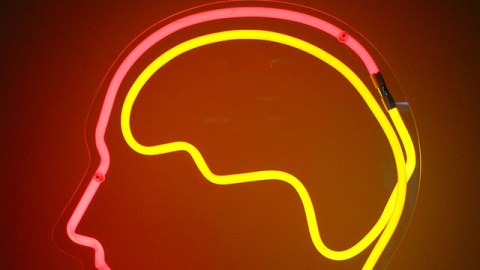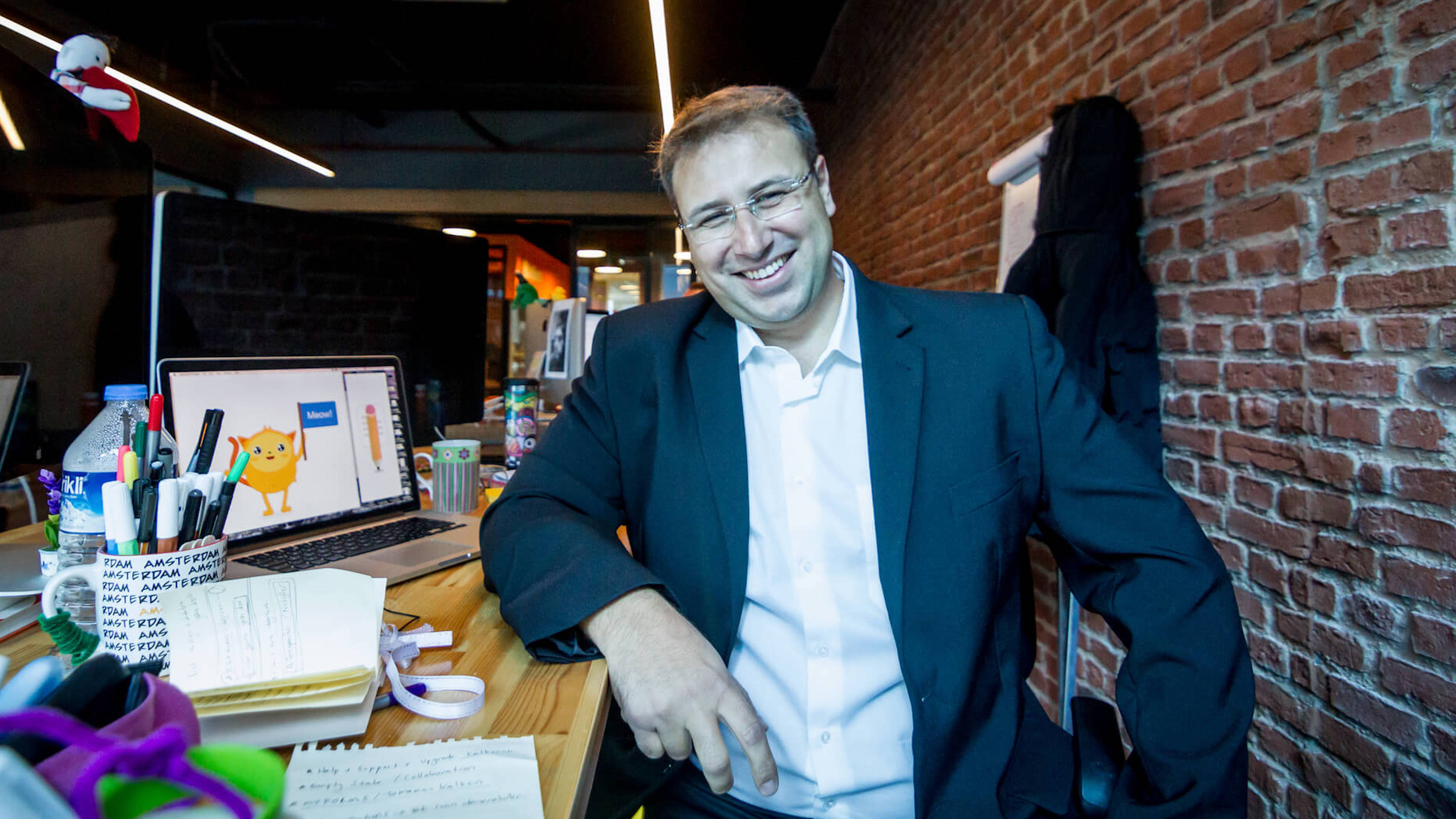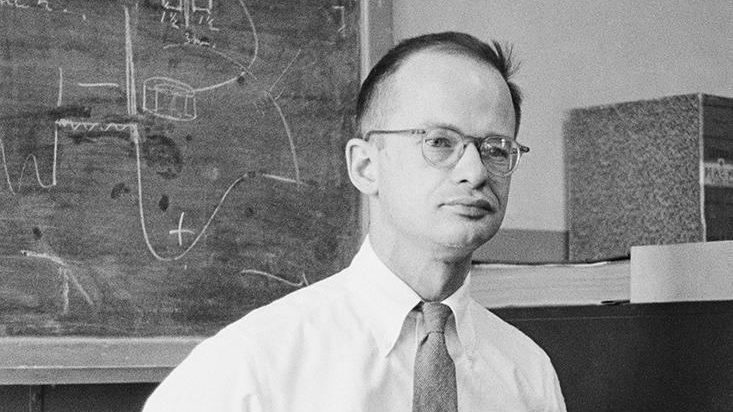Is Information Glut Making Us Dumber?

In a panel near the end of Farsight 2011, several search luminaries spoke about how the sheer quantity of information around us is affecting the way we think — and even how our brains are developing.
UCLA neuroscience professor Gary Small, who gave a presentation earlier in the day about how the quality and depth of thought suffers in an age of excessive information, said that search engines are “training our brains to have a staccato quality of thought. … We have the perception that we’re getting a lot done, that we’re really efficient, but it’s really just a perception.” Small says that while in the modern world we operate faster, much of our work is sloppier.
As a result, he said, information filters have become more and more important, he said. So much so that “the powermongers of the future are going to be the ones who control the filters.”
He also wondered how our brains will adapt to an increasing lack of face-to-face interaction:
“We’re all working around with a personalized computer that connects us to any person in the world,” he noted. “Our brains will get better at handling the technology—but will we use an old school kind of technology which is talking face to face … understanding verbal cues?”
23andMe board member Esther Dyson said that as we look forward “the word ‘search’ is almost meaningless.” Rather than just looking for information, we’re using the Web to manipulate the world around us, monitoring our DNA, finding out where buses are going, and even monitoring our body temperature. “If you know everything, what do you want to pay attention to?” she asked. “Our brains aren’t very good when there’s all this distraction around.”
Dyson said that in the future we really want search to start recognizing patterns; we want engines that are able to somehow predict that Egypt might be on the verge of revolution before it happens. The most interesting thing in the future of search technology, she said, is the push-pull that happens while we lose our privacy and the stuff that we want appears in front of us. “The filters will get better and search will get better, but if we ask the same old questions, we’ll get the same old stuff,” she said.





